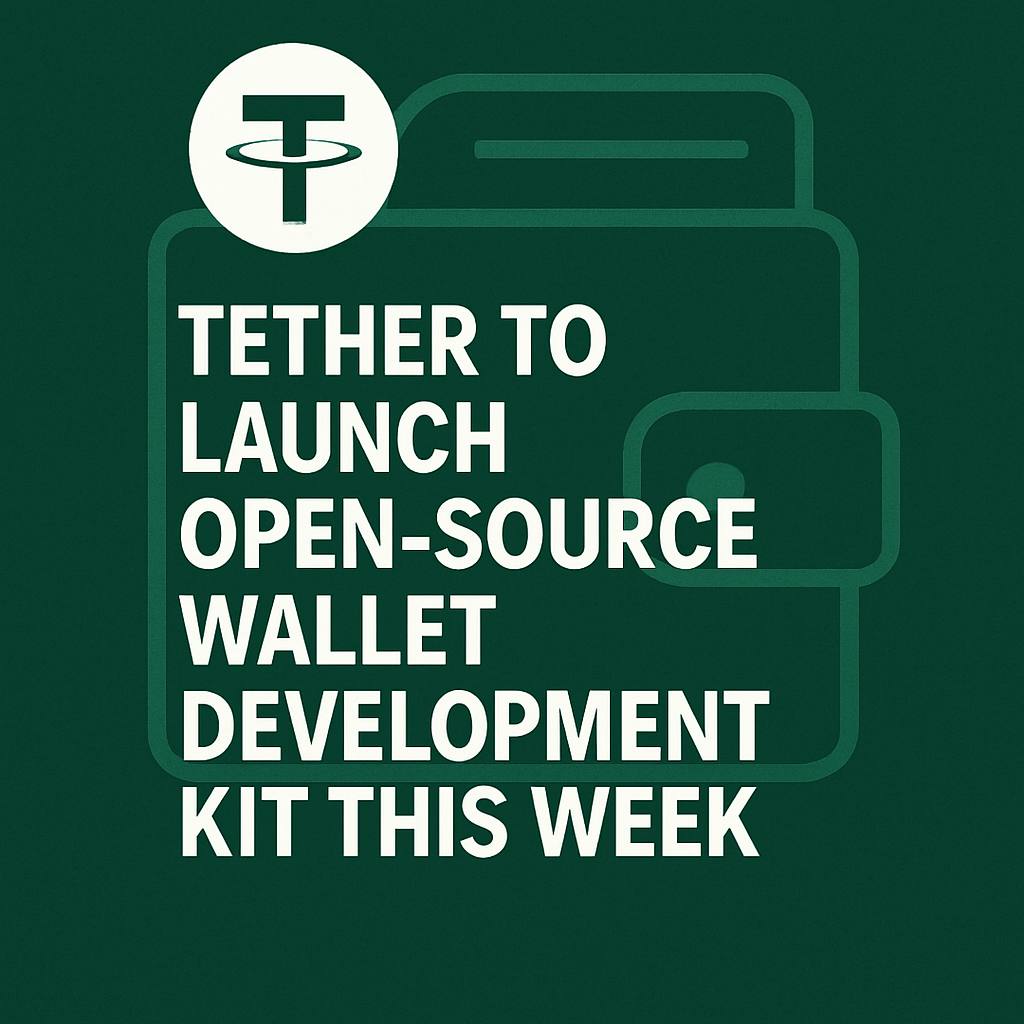Tether to Release Fully Open-Source Wallet Development Kit
Tether, the issuer of the USDT stablecoin, announced on October 14 that it will launch a Wallet Development Kit (WDK) as a fully open-source project, with starter wallets for both iOS and Android platforms. The announcement, confirmed by CEO Paolo Ardoino via an October 13 post on X, positions Tether to empower developers and enterprises to integrate secure, non-custodial wallets into a variety of applications.
The WDK is designed with a modular architecture that supports multiple mnemonic backup options, enabling users to securely store and recover private keys. It includes a complete DeFi module capable of handling USDT and the upcoming USDT0, as well as functions for lending, swapping, and managing a broad spectrum of digital assets. By open-sourcing the code, Tether invites community audit, contributions, and extensions, aligning with industry best practices for transparency and security.
Key features highlighted in the WDK demo include peer-to-peer transaction capabilities, gasless transaction support through account abstraction mechanisms, and cross-chain bridging tools that abstract blockchain complexity for end users. The kit also offers integration libraries for AI-powered agents and robots, enabling advanced payment and automation scenarios. During preview sessions at the Lugano Plan B event, Ardoino demonstrated how an AI Bitcoin Wallet Assistant could autonomously retrieve balances and execute transfers, illustrating the potential for machine-driven interactions.
Since the project’s inception in November 2024, Tether’s engineering teams have collaborated with blockchain infrastructure partners to ensure the WDK meets enterprise requirements for scalability and resilience. The iOS and Android starter wallets serve as reference implementations, showcasing integration patterns for mobile environments. With the stablecoin’s market capitalization surpassing $180 billion and growing institutional adoption, Tether anticipates that the WDK will accelerate on-chain activity, support wallet innovation, and foster new use cases across DeFi, payment rails, and embedded financial services.

Comments (0)